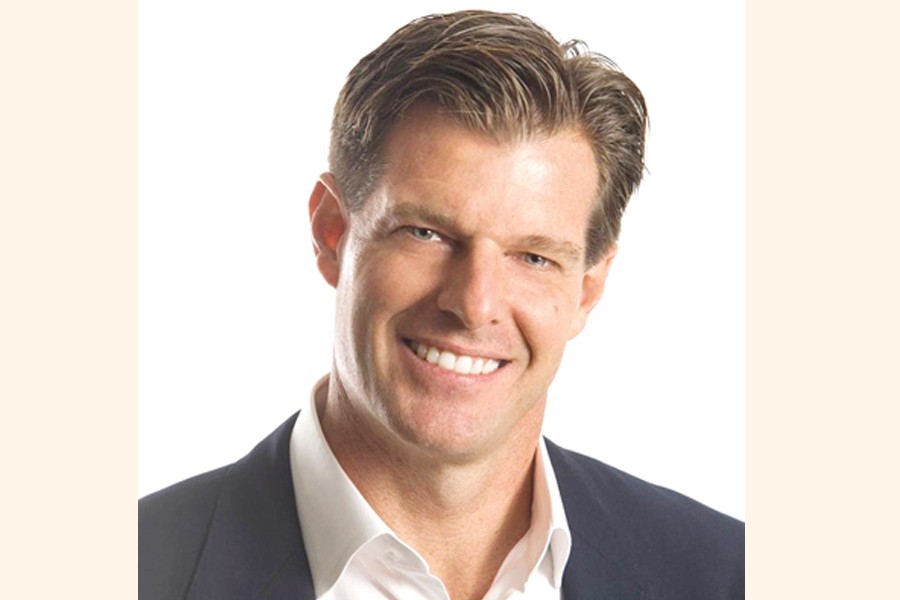The mobile telephony sector must take data protection seriously if it wants be at the heart of digital community, a top executive of global telecom industry has said.
"The mobile industry will not be heart of digital community if it does not take user's data protection and trust factor seriously," the head of Asia Pacific at Global System for Mobile Communication Association (GSMA) Alasdair Grant said.
The users need to trust operators, he said, adding without trust, financial inclusion, mobile financial services and other digital communication will not be successful.
"Traditionally, we have seen people are reluctant to use e-commerce and online transaction fearing personal data breach, if this happens with mobile industry as well, the digital community will not reach its target."
He talked to the FE while in Dhaka to attend Bangladesh National Dialogue on M4SDG: Mobile Services to Accelerate SDG Achievement in Bangladesh.
On the sidelines of roundtable, he said Bangladesh had lagged behind in mobile internet penetration in terms of regional competitors.
"One-third of Bangladeshi population have mobile internet access, while the average mobile internet usage rate in South Asia is currently 38 per cent. So it is a little bit behind," he said.
He sees digital literacy and, in broader terms, literacy is a big constraint on the way to expanding the market.
"A lot of people can't send text messages, a lot of people have difficulty in using application for using internet, what we found around the world, digital literacy is a big impediment, " he said. "Currently there is 90 per cent 3G coverage in Bangladesh but mobile internet penetration is only one third of the population. This is because lower rate of literacy."
"There are a number of roadblocks we have in the Bangladesh market. Literacy, data price and availability of spectrum, the rate of taxes on the mobile industry are among them."
He said taxes on the mobile industry are one of the highest in the region, which is 45 per cent. The rate of taxes should be reduced.
"We also would like to see some progress in national telecom policy. We want a robust set of principles and regulations for the industry."
On the network side, he said, he wants to see some flexibility in sharing their network with each other to reduce the cost of deployment.
He said there must be a spectrum roadmap and the telecom regulator needs to release more spectrum for stronger network.
He said Bangladesh has released much smaller amount of spectrum capacity than those in neighbouring countries.
He said the mobile industry is highly capital-intensive industry, so they need to know how much and when and what investment they would do.
He said that the operators are making very large network commitment in Bangladesh, seeing the country as a huge growing market.
"Only one third of population are using internet that situation really should be changed here."
About security, he said that GSMA works closely with operators and also with the national governments and cyber security experts.
"The number of machines and devices connected to internet will dramatically increase in the near future. Therefore, the need for security and risk associated with security will be greater," he said, adding that the industry needs to be ready to encounter that.
The GSM Association (commonly referred to as 'the GSMA') is a trade body that represents the interests of mobile network operators worldwide.


